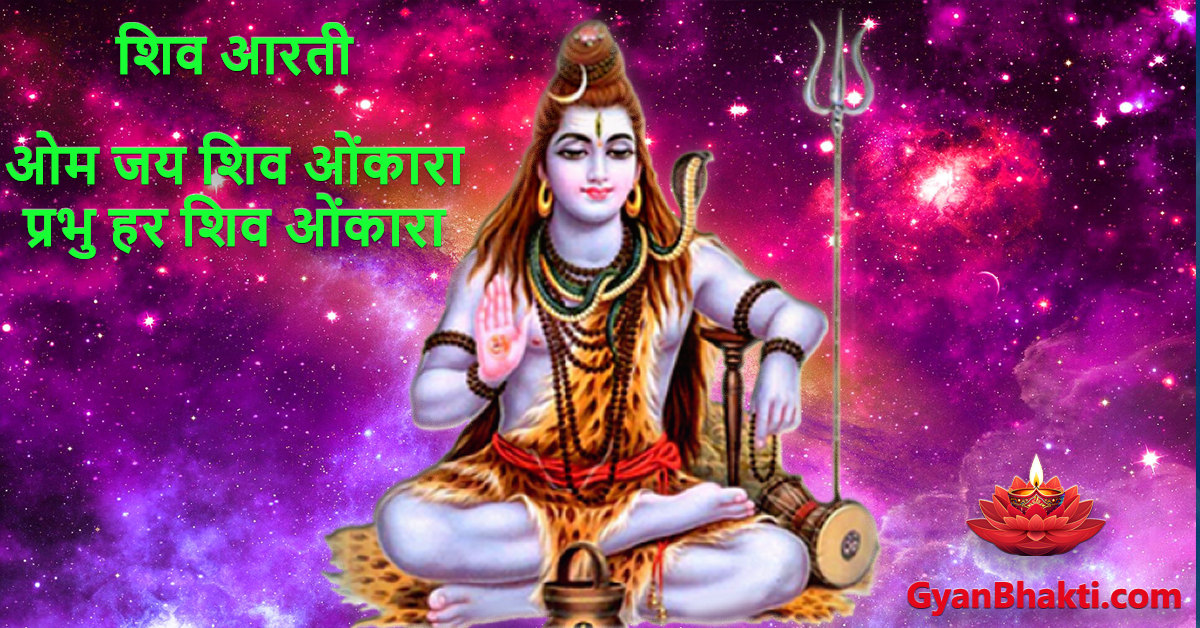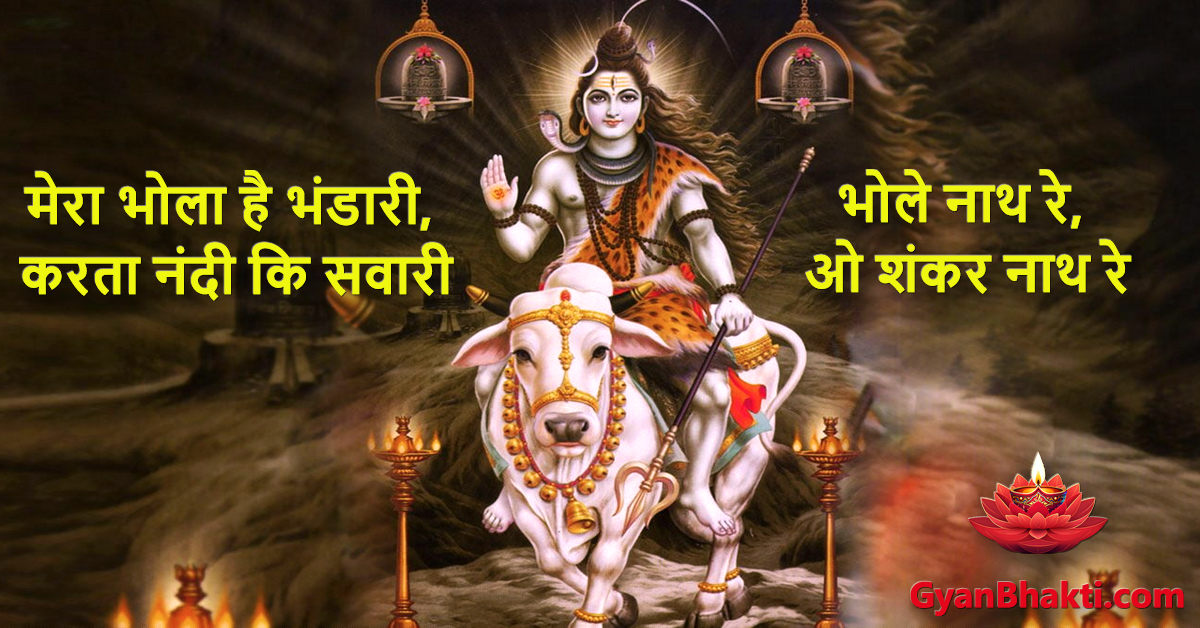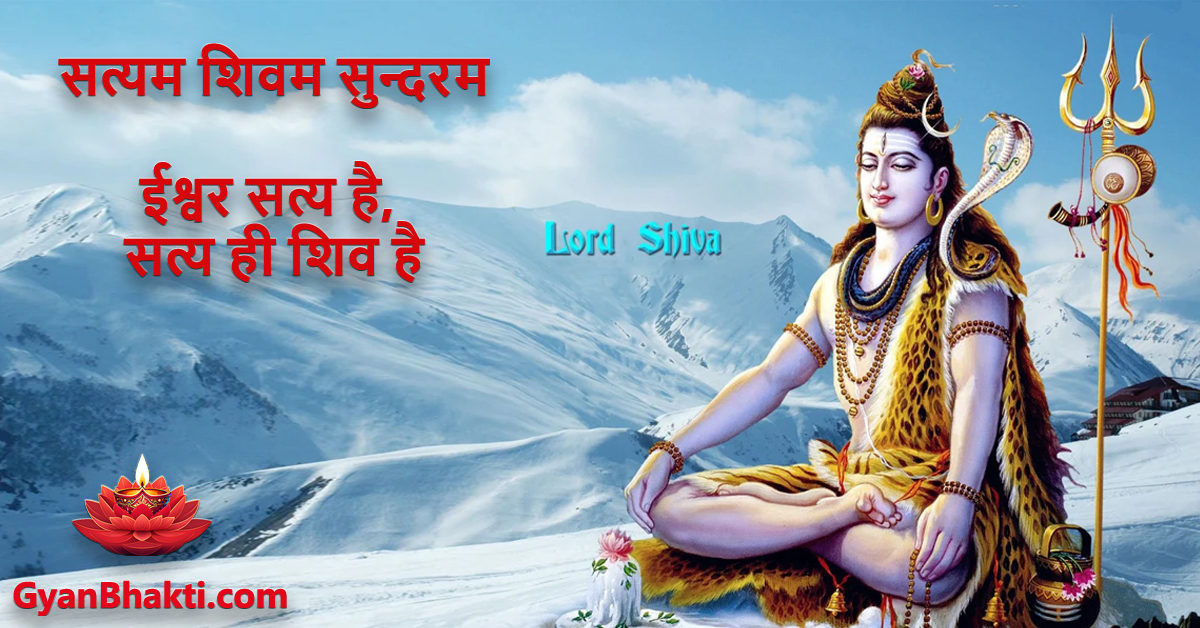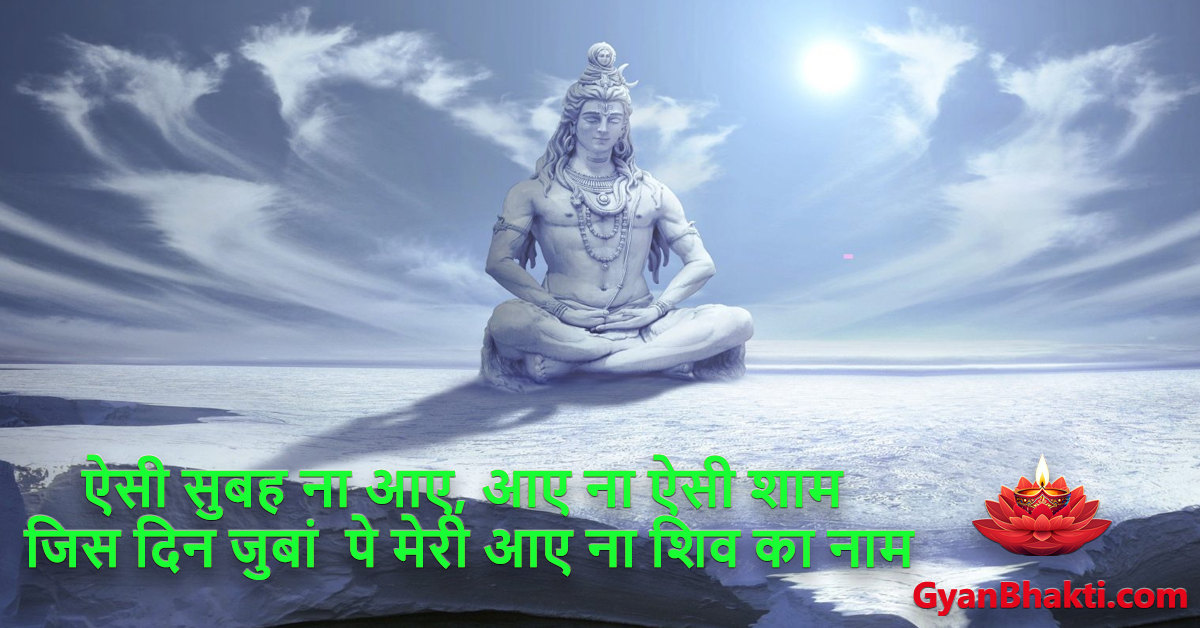Aasra Is Jahan Ka Mile Na Mile
Aasra is jahan ka mile na mile,
mujhko tera sahara sada chaahiye.
Chand taare gagan mein dikhe na dikhe,
mujhko tera najaara sada chaahiye.
Aasra is jahan ka….
Yahaan khushiyon hain kam aur jyaada hai gam,
Jahaan dekho vahin hai, bharam hi bharam.
Meri mahfil mein shammaa jale na jale,
mere dil mein ujaala tera chaahiye.
Aasra is jahan ka….
Kabhi vairaag hai, kabhi anuraag hai,
yahaa badale hai maali, vahi baag hai.
Meri chaahat ki duniya base na base,
mere dil mein basera sada chaahiye.
Aasra is jahan ka….
Meri dhimi hai chaal aur path hai vishaal.
Har kadam par musibat, ab tu hi sambhaal.
Pair mere thake hain, chale na chale,
mere dil mein ishaara tera chaahiye.
Aasra is jahan ka….
Chaand taare phalak par (gagan me) dikhe na dikhe,
mujhako tera najaara sada chaahiye.
Aasra is jahan ka mile na mile,
mujhako tera sahaara sada chaahiye.
Aasra Is Jahan Ka Mile Na Mile
Krishna Bhajan
- Aisi Lagi Lagan Meera Ho Gayi Magan
- Aarti Kunj Bihari Ki - Shri Krishna Aarti - with Meanings
- Achyutam Keshavam Krishna Damodaram
- Mera Aapki Kripa Se Sab Kaam Ho Raha Hai
- Nand Ke Anand Bhayo, Jai Kanhaiya Lal Ki
- Madhurashtakam - Adharam Madhuram
- Main Aarti Teri Gaun, O Keshav Kunj Bihari
- Sanwali Surat Pe Mohan - Lyrics with Meanings
- Hey Gopal Krishna, Karu Aarti Teri
- Shyam Rang Me Rangi Chunariya
- Bata Mere Yaar Sudama Re
- Kali Kamli Wala Mera Yaar Hai
- Meri Vinti Yahi Hai Radha Rani
- Jari Ki Pagdi Bandhe Sundar Aankhon Wala
- Are Dwarpalo Kanhaiya Se Keh Do
- Phoolon Me Saj Rahe Hai, Shri Vrindavan Bihari
- Dena ho to Dijiye Janam Janam ka Saath
- Mujhe Apne Hi Rang Me Rang Le
- Natwar Nagar Nanda, Bhajo re Man Govinda
Aasra Is Jahan Ka Mile Na Mile – Spiritual Meanings
The lyrics of this bhajan expresses devotion and the yearning for the constant presence and support of the Divine.
Aasra is jahan ka mile na mile,
mujhko tera sahara sada chaahiye.
Whether I find support in this world or not, I always need your (God’s) support.
This verse reflects the devotee’s realization that worldly support may be uncertain or temporary, but they seek the constant and unwavering support of the Divine.
It emphasizes the yearning for a permanent connection with the Divine, regardless of the circumstances they face in the world.
Chand taare gagan mein dikhe na dikhe,
mujhko tera najaara sada chaahiye.
Whether the moon and stars appear in the sky or not, I always seek the sight of your (God’s) presence.
This verse conveys the devotee’s desire to experience the presence of God, irrespective of the external circumstances or the visibility of celestial phenomena. It reflects the deep desire to experience God’s divine presence at all times.
Yahaan khushiyon hain kam aur jyaada hai gam,
Jahaan dekho vahin hai, bharam hi bharam.
Here, there is less happiness and more sorrow. Everywhere I look, it’s all an illusion.
This verse reflects the transient and deceptive nature of worldly pleasures and sorrows. The devotee realizes that worldly experiences are temporary and subject to illusion.
It emphasizes the devotee’s unwavering faith in the Divine and their recognition of the impermanence of worldly things.
Meri mahfil mein shammaa jale na jale,
mere dil mein ujaala tera chaahiye.
Whether a lamp is lit in my gathering or not, I always need the light of your (God’s) presence in my heart.
This verse symbolizes the inner longing of the devotee for the divine light to illuminate their heart and soul, regardless of external circumstances or celebrations.
Kabhi vairaag hai, kabhi anuraag hai,
yahaa badale hai maali, vahi baag hai.
Sometimes there is detachment, and sometimes there is attachment (love). The gardener (God) changes, but the garden remains the same.
This verse acknowledges the dual nature of human emotions, where sometimes one feels detached from the world, and at other times, there is a deep sense of love and attachment. The devotee recognizes that God, the caretaker of the garden (life), may manifest differently, but the world and its experiences remain constant.
Meri chaahat ki duniya base na base,
mere dil mein basera sada chaahiye.
Whether the world of my desires manifests or not, I always seek a permanent abode in my heart (for the Divine).
This verse reflects the devotee’s desire for a permanent dwelling place for the Divine in their heart, irrespective of whether their worldly desires are fulfilled or not.
Meri dhimi hai chaal aur path hai vishaal.
Har kadam par musibat, ab tu hi sambhaal.
My pace is slow, and the path is vast.
At every step, only you (God) can handle the adversities.
This verse portrays the devotee’s recognition of their limitations and the vastness of the spiritual path. They humbly seek God’s guidance and support to navigate through life’s challenges and overcome difficulties.
Pair mere thake hain, chale na chale,
mere dil mein ishaara tera chaahiye.
My feet may be tired, whether I can walk or not, I always need your (God’s) guidance in my heart.
This verse depicts the devotee’s acceptance of their physical limitations and their reliance on God’s inner guidance to keep moving forward in life.
These lyrics exemplify the devotee’s devotion, surrender, and yearning for a constant connection with the Divine. They convey the understanding that God is the ultimate caretaker, guide, and eternal support in all aspects of life’s journey.
It shows the devotee’s recognition of the impermanence of worldly affairs. They seek constant support, the presence of God, and inner enlightenment amidst the transient nature of the material world.
True devotee and devotion to God
A true devotee has only one religion, by which he becomes free from all bondages and gets freedom from all sorrows. That is the ultimate religion – to belong to God.
Worship only God, worship God only, salute God only, and do God’s work only. When he does this, then there is neither attachment nor affection anywhere other than God. The whole ego comes out and he concentrates in one place that it belongs to God. He becomes God’s forever and ever.
Krishna Bhajan
- Meethi Meethi Mere Saanware Ki Murli Baaje
- Makhan Doongi Re Sawariya Thodi Bansi To Baja
- Shyam Bansi Bajate Ho Ya Mujhe Bulate Ho
- Mukut Sir Mor Ka Mere Chit Chor Ka
- Chhoti Chhoti Gaiya, Chhote Chhote Gwal
- Kanha Re Thoda Sa Pyaar De
- Door Nagari Badi Door Nagari
- Mujhe Charno Se Laga Le, Mere Shyam
- Jag Mein Sundar Hain Do Naam
- Bankey Bihari Mujhko Dena Sahara
- Shree Baanke Bihari Teri Aarti Gaoon
- Nazar Mein Rehte Ho, Magar Tum Nazar Nahi Aate
- Fasi Bhawar Me Thi Meri Naiya
- Sawre Ko Dil Me Basa Kar To Dekho
- Sancha Naam Tera Tu Shyam Mera
- Aasra Is Jahan Ka Mile Na Mile
- Har Saans Mein Ho Sumiran Tera
- O Palan Hare Nirgun Aur Nyare
- Shyama Tere Charno Ki Dhool
- Govind Jai Jai, Gopal Jai Jai
- Meri Lagi Shyam Sang Preet
- Mujhe Shyam Sunder Ki Dulhan Bana Do
- Yeh To Prem Ki Baat Hai Udho
- Radhe Radhe Japa Karo






